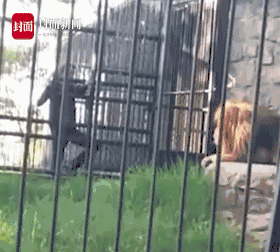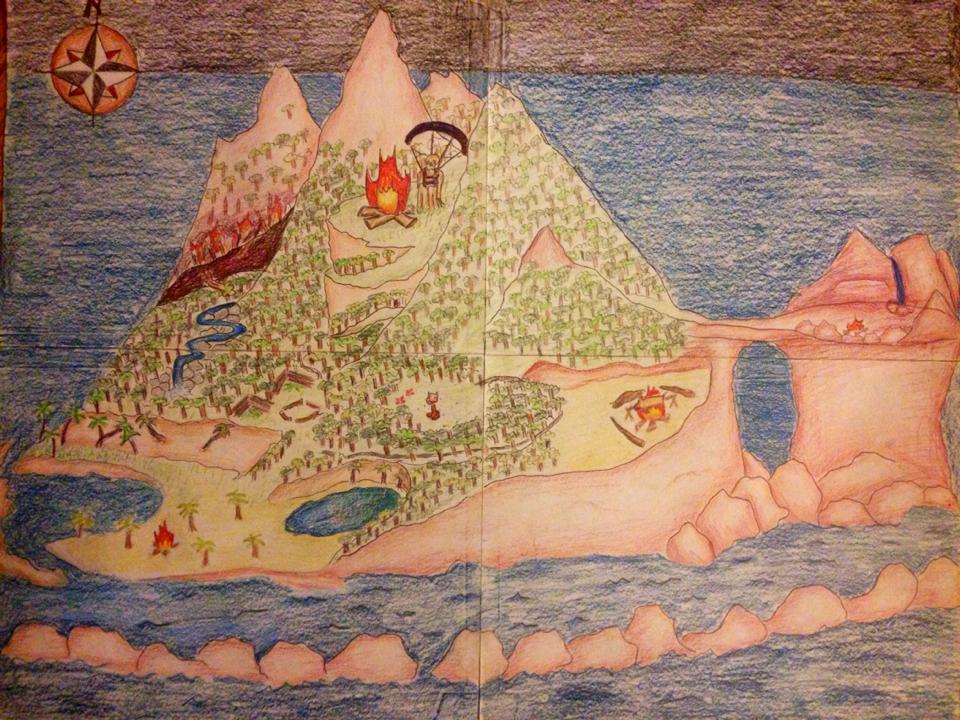Have a question about something you can Maximum Perversum 73 - Schwanzgeile Fickludersee but can't describe? Just ask Google.
Google has unveiled what seems like a really useful and almost scarily advanced new way to search with images.
Google Lens already lets you search based on an image. For example, if you take a picture of an elephant, you'll probably get Google Lens search results back for "elephant." But now, you can tap a picture you've taken, or one that you've saved in your library, and ask a question about it. Take the elephant: Just tap the photo for the ability to "Add Questions," and a text box will pop up where you can plumb Google for more information about that specific image, like "What kind of elephant is this?," or "How many of these elephants are left in the world?"
That involves so many layers of AI processing it's actually hard to comprehend. It understands what's in the picture, it understands your question, and it understands how your question relates to the picture. And, of course, it (ostensibly) gives you the answers you're looking for. What?!?
Making it all possible is a new, more advanced AI system called Multitask Unified Model (or MUM), announced in May, that is beginning to power Search. Google has been slowly rolling out applications for the new tech that's capable of processing queries in more complex ways, and delivering results that Google believes will be more relevant or instructive than before.
The change to Lens is one of the most eye-popping yet, and the examples for queries Google provides show off just how smart MUM is. You can ask Google Lens about a pattern on a shirt, and whether that same pattern comes available in socks: Et voila, you get the exact product listing.
Via GiphyOr here's an example of someone snapping a picture of a broken bicycle component. Showing Google Lens the picture of the broken part, and asking "how to fix," delivers both what the exact broken part is, AND how to fix it.
Via GiphyBoth of these sorts of questions would be difficult to answer without the visual component. For the pattern, you'd likely get non-specific results for a verbal search for, say, socks in a floral pattern. And for the bike example, you'd probably have to figure out that the specific bike part that's broken is called a "derailleur" (Who knew?) before you could even start worrying about how to fix it.
The machines are getting smarter, which is a possibly scary prospect for the world, but great news for finding answers to tricky questions.
Topics Artificial Intelligence
(Editor: {typename type="name"/})
 Keeping Hope Alive
Keeping Hope Alive
 Downloading Zoom for work raises employee privacy concerns
Downloading Zoom for work raises employee privacy concerns
 Man turns top deck of bus into dance floor, busts out flawless shapes
Man turns top deck of bus into dance floor, busts out flawless shapes
 'Pokemon Go' just made it easier to play at home during coronavirus pandemic
'Pokemon Go' just made it easier to play at home during coronavirus pandemic
 Fyre Festival and Trump’s Language
Fyre Festival and Trump’s Language
NYT Connections Sports Edition hints and answers for May 18: Tips to solve Connections #237
 Connections: Sports Editionis a new version of the popular New York Times word game that seeks to te
...[Details]
Connections: Sports Editionis a new version of the popular New York Times word game that seeks to te
...[Details]
Greta Thunberg encourages digital strikes, citing coronavirus
 Once again, she's listening to the science. As precautions are being taken around the world to curb
...[Details]
Once again, she's listening to the science. As precautions are being taken around the world to curb
...[Details]
AMC, Regal cut down theater attendance because of coronavirus
 AMC and Regal, two of the nation's largest movie theater chains, are immediately implementing social
...[Details]
AMC and Regal, two of the nation's largest movie theater chains, are immediately implementing social
...[Details]
 It seems like every day there's a new story that makes us think, "Thank goodness for dogs."Dogs are
...[Details]
It seems like every day there's a new story that makes us think, "Thank goodness for dogs."Dogs are
...[Details]
Virtual Reality: The True Cost of Admission (and Why It Doesn't Matter)
Gatsbying is the newest and fanciest way to catch your crush's attention
 You know when you post something on Snapchat or Instagram hoping to get the attention of your crush?
...[Details]
You know when you post something on Snapchat or Instagram hoping to get the attention of your crush?
...[Details]
 Mulanhas joined the growing list of films delayed due to coronavirus.Per The Hollywood Reporter, Dis
...[Details]
Mulanhas joined the growing list of films delayed due to coronavirus.Per The Hollywood Reporter, Dis
...[Details]
YouTube reverses coronavirus monetization policy
 YouTube is doing an about face on its recent coronavirus policy.The Google-owned video streaming com
...[Details]
YouTube is doing an about face on its recent coronavirus policy.The Google-owned video streaming com
...[Details]
Best portable power station deal: Save 44% on the Jackery Explorer 100 v2
 SAVE OVER $350: As of May 8, the Jackery Explorer 1000 v2 power station is on sale for $448.99, down
...[Details]
SAVE OVER $350: As of May 8, the Jackery Explorer 1000 v2 power station is on sale for $448.99, down
...[Details]
Google asks tens of thousands of U.S. workers to stay home amid coronavirus fears
 As concern about the coronavirus continues to build, many workplaces are encouraging people to work
...[Details]
As concern about the coronavirus continues to build, many workplaces are encouraging people to work
...[Details]
接受PR>=1、BR>=1,流量相当,内容相关类链接。